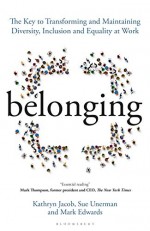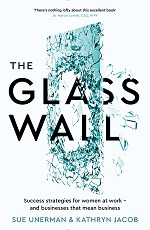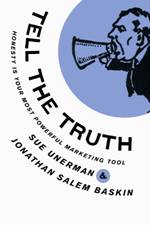Fatigue of the familiar – or you can just flog a dead horse so much
There was a recent cartoon in Private Eye that in the first panel said “Big Brother is watching you” and in the second panel said “You is not watching Big Brother ” (sic). Actually Big Brother’s audience is up so far year on year but it is certainly a franchise that seems to have had its time. I overheard one teenager saying to another recently – “why would I stay in and watch people sitting and doing nothing when I can go out and do something myself?” . What a good question – how come we’ve never asked ourselves that before?.
At a recent presentation of his new film Despicable Me (in cinemas this autumn people and not to be missed (http://www.despicable.me/)<http://www.despicable.me/)>) Chris Meledandri suggested that sequels and repeats were pretty much a golden goose at the end of their life cycle. He referred to a new trend he’d observed amongst the young as “Fatigue of the Familiar”. The successful producer of the Ice Age franchise and also Alvin and the Chipmunks has now got a number of new new projects in production. Personally I can’t wait, especially if they’re in 3D!
However there is a more serious point underlying the drive for newness which, if it is real, would undo much of what we currently understand about entertaining the young. Traditionally there is a strong streak of comfort in repetition. Story telling usually picks up on a dozen or so themes. Franchises are built in entertainment on the business of making as much as possible out of continuity. The mass market likes the fact the Coronation Street and Eastenders keep going strong year after year.
But maybe newness is more important than it used to be. The unlimited access that the world has now to every kind of entertainment that there is via the internet, may mean that new stuff is more important than ever.
The Daily Mail tells us the Coronation Street cast is heading for a culling. Is the familiar over for the mass market too ? (spare Betty for goodness sake!) (http://www.dailymail.co.uk/tvshowbiz/article-1292864/Coronation-Street-bosses-planning-mass-character-cull-fatal-tram-crash-storyline-shows-50th-anniversary.html<http://www.dailymail.co.uk/tvshowbiz/article-1292864/Coronation-Street-bosses-planning-mass-character-cull-fatal-tram-crash-storyline-shows-50th-anniversary.html>).
I’ve heard teenagers talking about how Facebook’s got nothing new to give them too. If the new isn’t new enough – what is ?
Sue Unerman
Chief Strategy Officer





What is the Future of Work?
Friday, July 23rd, 2010MediaCom Career’s conference earlier this month took this as its key topic.. not a small one obviously.
The speakers throughout the afternoon ranged from the futuristic (Rhys from MediaCom is still buzzing from the CES in Vegas earlier this year and sees the world in 3d) to the philosophical (Alain de Botton took a sweeping look at the development of our attitudes to work based on his latest book “The pleasures and sorrows of work”
MediaCom Career’s managing director Aki Mandhar highlighted the biggest issue that I think faces employers these days. Living as we do in the Age of Dialogue we’re all faced with the very real fact that our brand is not our own anyway – but truly belongs to our customers. But not just to our customers but also to our employees. Marketing directors can try and deliver as complete a brand experience as they like, but as well as the very easy access consumers now have to customer reviews and twitter feeds about the brand, they can also easily access how employees inside the company really feel about it.
The website Glassdoor.com gives a free insight into 84,000 companies with anonymous comments from employees about interviews, salaries and working conditions. And yes MediaCom Worldwide is on there and our global CEO Steve gets 100% approval. But looking through the comments and scores generally it is very hard obviously to get a brilliant review overall. Especially in the current economic climate. Even Google who have an excellent corporate reputation only manage 3.9 out of 5.
This would not be everyone’s first port of call when looking at a brand’s reputation, but just as few of us go anywhere on holiday now without checking out tripadvisor.com or similar sites, we can expect sites that report back on how employees feel – including of course those with an axe to grind – to increase in their importance for all levels of staff.
Your employees are your brand more than ever before. Not just, as in the past, in the sense that your customer’s experience you through them. But in the sense that your potential future employees will check with your current and past employees on what it is like to work for you. For your brand to have a future, this had better be a proper reflection of your marketing.
Posted in MediaComment | No Comments »